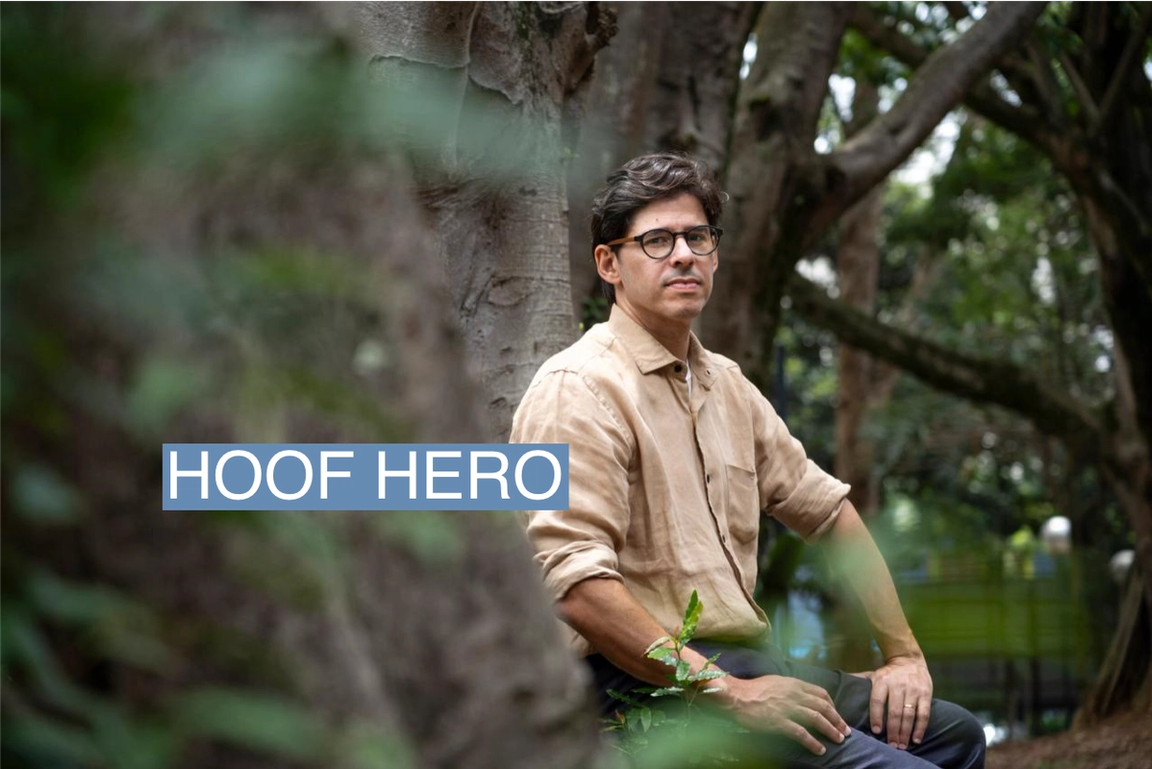 Goldman Environmental Prize Goldman Environmental PrizeThe world’s biggest beef companies aren’t doing enough to crack down on Amazon deforestation in their supply chains, the new winner of the top prize for environmental activism told Semafor. Marcel Gomes, a Brazilian investigative journalist and activist, was among seven winners this week of the Goldman Environmental Prize, sometimes called the “green Nobel,” and whose former winners include future Nobel laureates and heads of state. Gomes was recognized for his work tracing illegal deforestation and labor abuses, including slavery, from remote farms in Brazil through to beef processing companies like JBS and to grocery retailers in Europe, some of which suspended their business with JBS as a result. The work involved parsing a mountain of export certifications, environmental citations for ranches, and other public data, with members of his team sometimes detained for days at a time by local police hired by ranchers as private security. “[Livestock] is a super politically powerful industry in Brazil,” he said. Scrutiny of shady business dealings in the Amazon is intensifying ahead of the COP30 summit there next year. Brazil’s environment minister, Marina Silva, is herself a former Goldman Prize winner. But the government needs to intervene more forcefully to curb cattle-related deforestation in overlooked landscapes like the Cerrado and Pantanal, Gomes said. And livestock companies — as well as the garment industry, automakers, and biofuel producers, all of which rely on Amazon-raised cows — need to be more vigilant about their cattle sources. “They’re promising net zero, and there are some improvements, but it’s completely not enough. We need them to do much more.” |